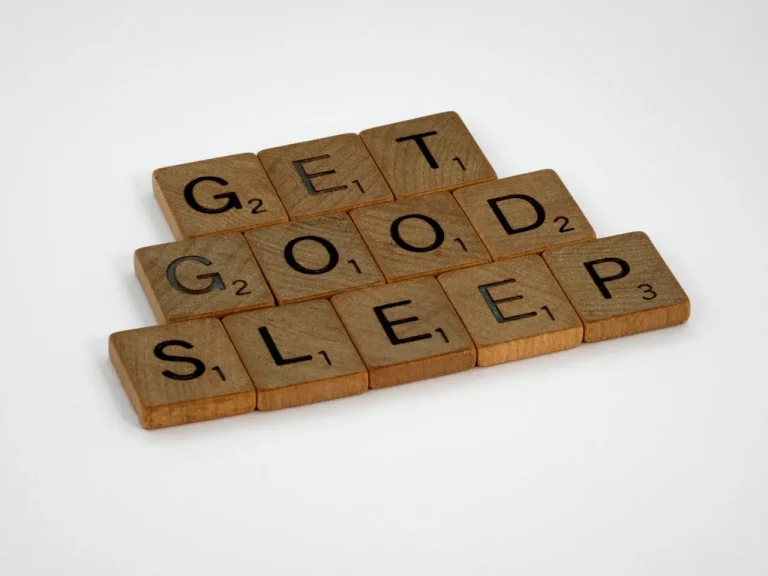Sleep hygiene is the set of daily habits and environmental factors that influence how well you sleep.
- Includes your bedtime routine, screen habits, room setup, and stress levels
- Poor sleep hygiene leads to restlessness, insomnia, and disrupted sleep cycles
- Improving it can help you fall asleep faster, stay asleep longer, and wake up feeling refreshed
Sleep hygiene is the foundation of good sleep — and it’s often the first place to start when sleep feels off.








